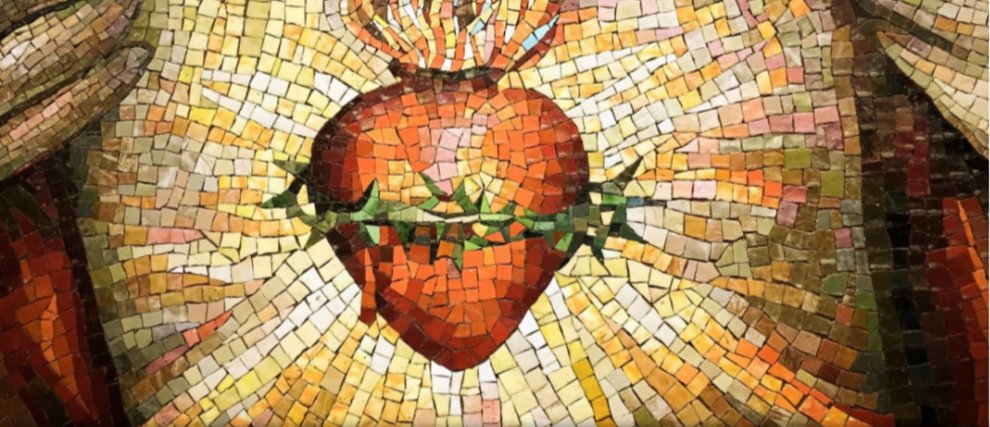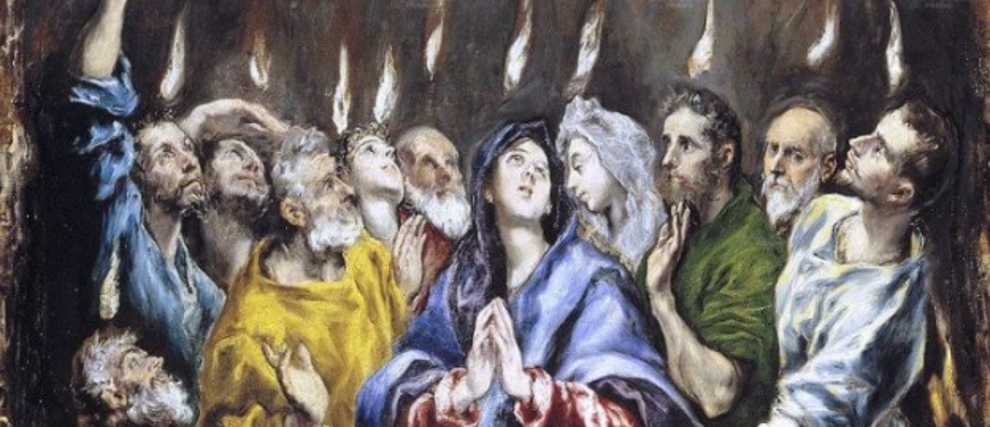Worship: Why and How to Worship God?
What is worship? How do we worship God? The Conference of Bishops of France defines worship as an "attitude of respect and love from the Christian praying to God as the One True God, the One on whom all depends."
The act of worship is, first and foremost, a natural movement of man toward his Creator and Savior, like the adoration of the shepherds who recognized in the infant Jesus the Son of God. There are different ways to practice worship: through praise, Eucharistic adoration, at Mass—during the consecration—or during specific times. Whatever its form, it is an act of love toward God "in spirit and truth": to love and let ourselves be loved, to unite and let ourselves be transformed.
Worshiping God, the First Commandment
Worshiping God is the first commandment:
We have only one God, and to Him alone we must give glory, as we find on the tablets of the Law given by Moses:
"I am the Lord your God, who brought you out of Egypt, out of the land of slavery. You shall have no other gods before me." (Exodus 20:2-3, NIV)We must love God with all our being, as Jesus teaches us:
"Love the Lord your God with all your heart and with all your soul and with all your mind. This is the first and greatest commandment." (Matthew 22:37-38, NIV)
Only God can be the object of our worship. For Christians, this is the Triune God, and we are invited to worship all three persons of the Holy Trinity: God the Father, God the Son, and God the Holy Spirit.
However, worship goes beyond the simple relationship between the worshiper and God. It has a communal dimension; it carries a prayer for the entire Body of Christ, for humanity. Jesus reminds us:
"And the second is like it: ‘Love your neighbor as yourself.’" (Matthew 22:39, NIV)
"The worship of the true God constitutes an authentic act of resistance against all forms of idolatry. Worship Christ: He is the Rock on which to build your future and a world more just and united. Jesus is the Prince of Peace, the source of forgiveness and reconciliation, who can make all members of the human family brothers and sisters." (John Paul II at WYD 2005)
Discover [five Bible verses on worship].
Worshiping in Spirit and Truth
Worship is spiritual in nature. It is a very free and personal way of addressing God (from the Latin ad orare: to address...), similar to Christian meditation, but it is more deeply rooted in interiority.
"Yet a time is coming and has now come when the true worshipers will worship the Father in the Spirit and in truth, for they are the kind of worshipers the Father seeks. God is spirit, and his worshipers must worship in the Spirit and in truth." (John 4:23-24, NIV)
We are invited to worship in spirit and truth. Our worship is therefore first and foremost driven by a movement of our soul toward God. It is a form of prayer that does not require rituals or formalities but demands authenticity of heart.
While worship can be supported by a form of contemplation (adoration of the Blessed Sacrament), it is primarily God who we allow to gaze upon us, in the truth of who we are. The Lord is never hidden, so it is we who are invited to expose ourselves to Him, to let ourselves be loved, healed, and transformed.
Acts of Worship
Here are some forms of worship in the Christian tradition.
Eucharistic Adoration
Eucharistic adoration is the adoration of the Blessed Sacrament, of Jesus present in the host. During Mass, in [the Eucharistic prayer], the priest consecrates the bread and wine, which become—for Catholics—the body and blood of Christ. The faithful are invited to an act of worship by kneeling, bowing their heads, and recollecting themselves.
There are also dedicated times of adoration outside of Mass, organized in churches. The Blessed Sacrament is removed from the tabernacle and placed in a monstrance so that worshipers can contemplate and adore it. (Find some tips for living this time of adoration of the Blessed Sacrament.)
Outside these dedicated moments, the presence of Christ in churches—symbolized by the small red lamp near the tabernacle—allows us to spend time in adoration whenever we feel the desire.
Perpetual Adoration
In some churches, perpetual adoration has been established. Worshipers take turns so that there is always someone—day and night—praying and adoring the Lord, who is also constantly present. The union is thus perpetual, and worship takes on its full communal meaning, with each worshiper representing a part of the Body of Christ praying for the whole.
This is notably the case at the Basilica of the Sacred Heart in Montmartre.
The Feast of Corpus Christi
On the Feast of Corpus Christi, celebrated 60 days after Easter, the real presence of Jesus in the Eucharist is honored. This feast is the Solemnity of the Most Holy Body and Blood of Christ.
The Blessed Sacrament is carried outside the church by the priest and displayed in a procession through the streets.
Praise and Worship
In the foundation of his Spiritual Exercises, Ignatius of Loyola writes: "Man is created to praise, reverence, and serve God our Lord." Praise and worship are thus two ways of giving glory to God. Through praise, man acknowledges the greatness and goodness of God and gives thanks for who He is. These two concepts are closely related and stem from the same impulse of respect, love, and gratitude from man toward God.
With Hozana, Discover Different Ways to Enter into a Heart-to-Heart with God
Among the many prayer communities offered on Hozana, some provide online guidance to enter into this intimacy with God and give Him glory:
- Through a series of videos, Father Nicolas Buttet invites you to deepen this practice and be moved by the real presence of God in the Eucharist.
- , to place yourself in God’s presence and experience true inner transformation.

